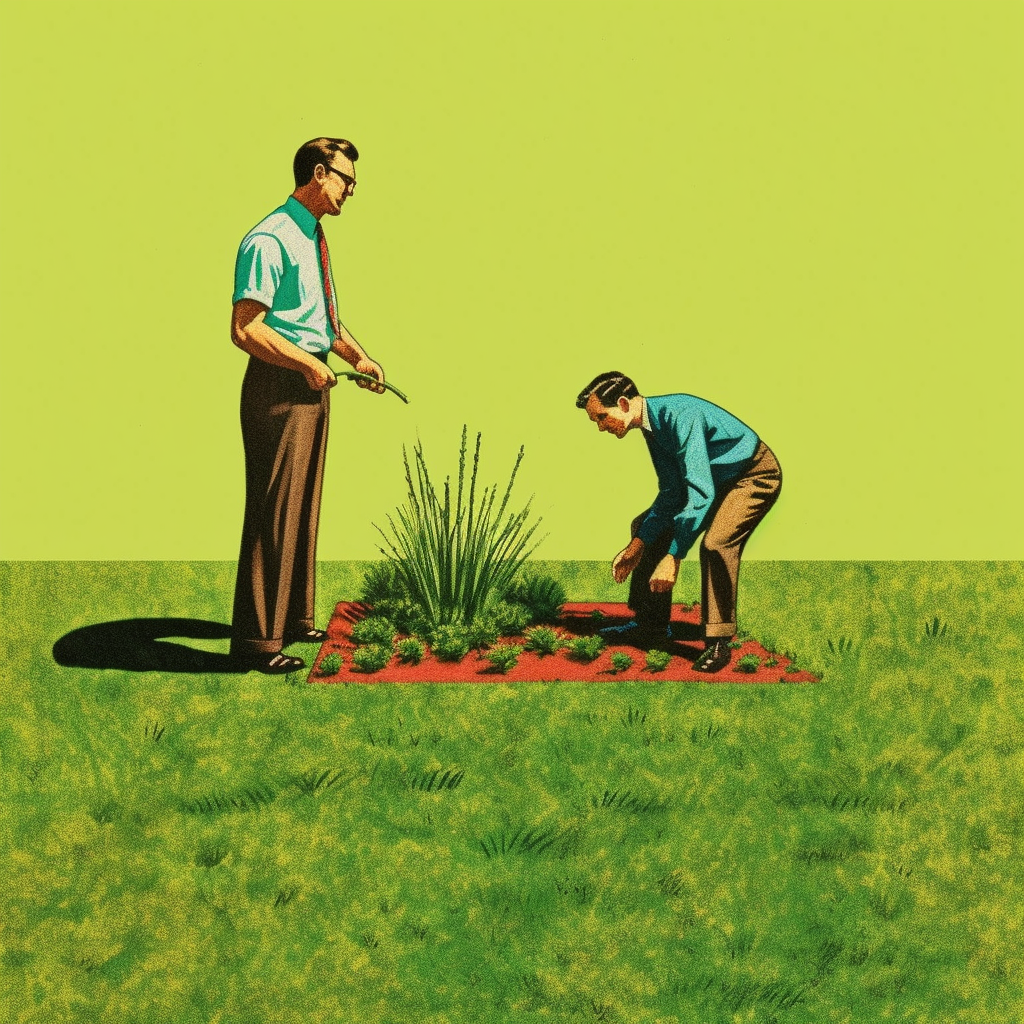Introduction: Self-awareness is a powerful tool that enables individuals to understand themselves better and make positive changes in their lives. Di Tran, the author of the thought-provoking books “Drop the ME and focus on the OTHERs” and the soon-to-be-released “Drop the FEAR and focus on the FAITH,” is a shining example of self-awareness in action. Through his personal reflections and insightful observations, Tran shares his journey of self-discovery and highlights the importance of focusing on others and cultivating faith. In this article, we will delve into the profound topics explored by Di Tran and draw references to relevant books and authors.

- Addicted to Eating Weight for Physical Muscle: In “Drop the ME and focus on the OTHERs,” Di Tran reflects on his addiction to physical strength and how it consumed his focus. Similar to how some individuals indulge in excessive eating and drinking, Tran recognizes his obsession with attaining physical muscle. By highlighting this addiction, he acknowledges the need to shift his attention away from himself and towards others.
Tran’s realization aligns with the concept of selflessness and empathy discussed in various literary works. For instance, in “The Giving Tree” by Shel Silverstein, the tree selflessly provides for the boy throughout his life. The book serves as a powerful reminder that true fulfillment comes from acts of kindness and self-sacrifice, rather than personal gain.
- Drinking Wisemen Quotes and Books for Mental Strength: In his upcoming book, “Drop the FEAR and focus on the FAITH,” Di Tran explores his addiction to acquiring knowledge and mental strength through books and quotes from wise men. This introspection highlights the realization that Tran’s reliance on external sources for mental fortitude may be hindering his personal growth.
To address this, Tran might find solace in works like “The Power of Now” by Eckhart Tolle. This book emphasizes the importance of living in the present moment and detaching oneself from the constant stream of thoughts. By embracing the power of mindfulness, Tran can redirect his focus from external wisdom to his own internal strength and intuition.
Conclusion: Di Tran’s self-awareness journey as expressed in his books, “Drop the ME and focus on the OTHERs” and “Drop the FEAR and focus on the FAITH,” provides valuable insights for readers. By candidly sharing his experiences, Tran encourages us to examine our own lives and question the motivations behind our actions.
Through his reflections on addiction to physical muscle and dependence on external sources for mental strength, Tran underscores the significance of redirecting our focus towards others and cultivating faith within ourselves. By doing so, we can develop a deeper sense of purpose, empathy, and inner strength.
Tran’s journey serves as a reminder that self-awareness is an ongoing process. It requires constant reflection, introspection, and a willingness to make positive changes. As readers engage with his books, they are invited to embark on their own paths of self-discovery, leading to a more fulfilling and meaningful life.
References:
- Silverstein, S. (1964). The Giving Tree. Harper & Row.
- Tolle, E. (1997). The Power of Now: A Guide to Spiritual Enlightenment. New World Library.



